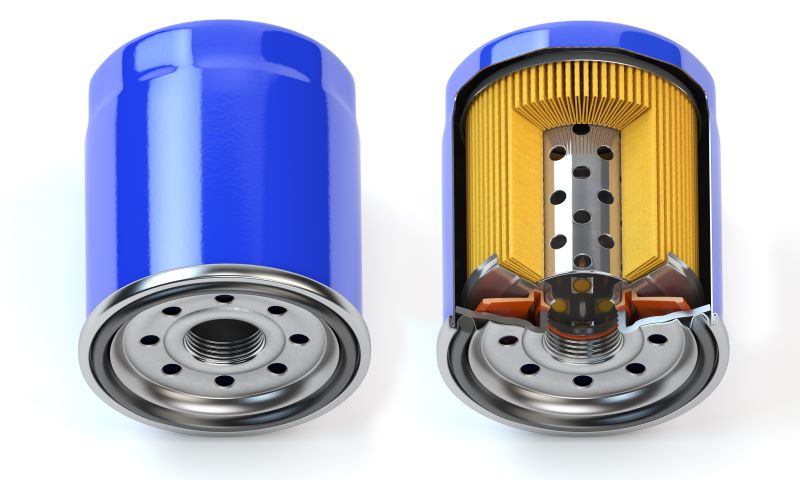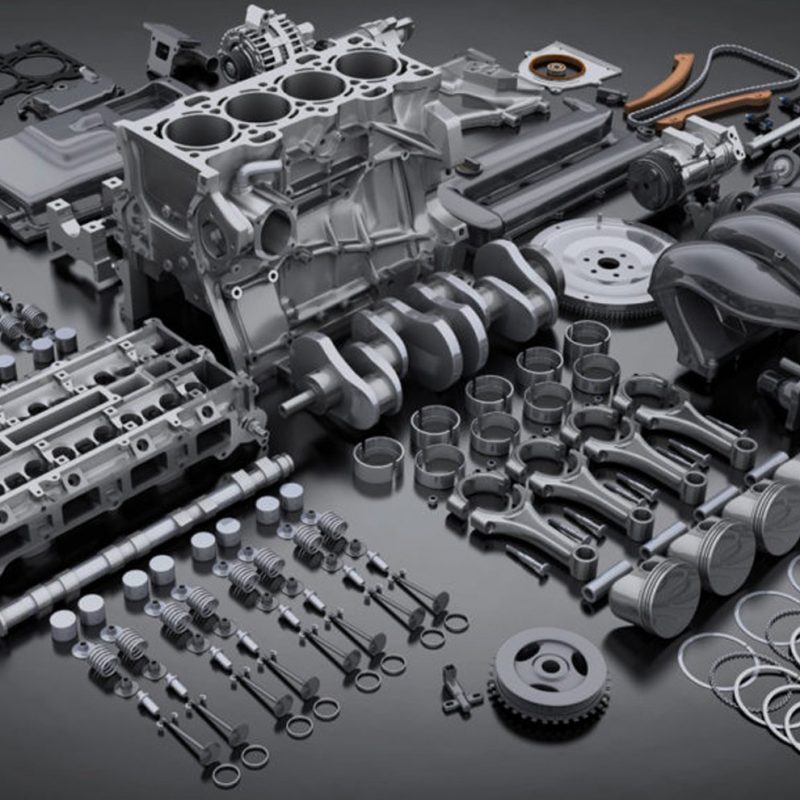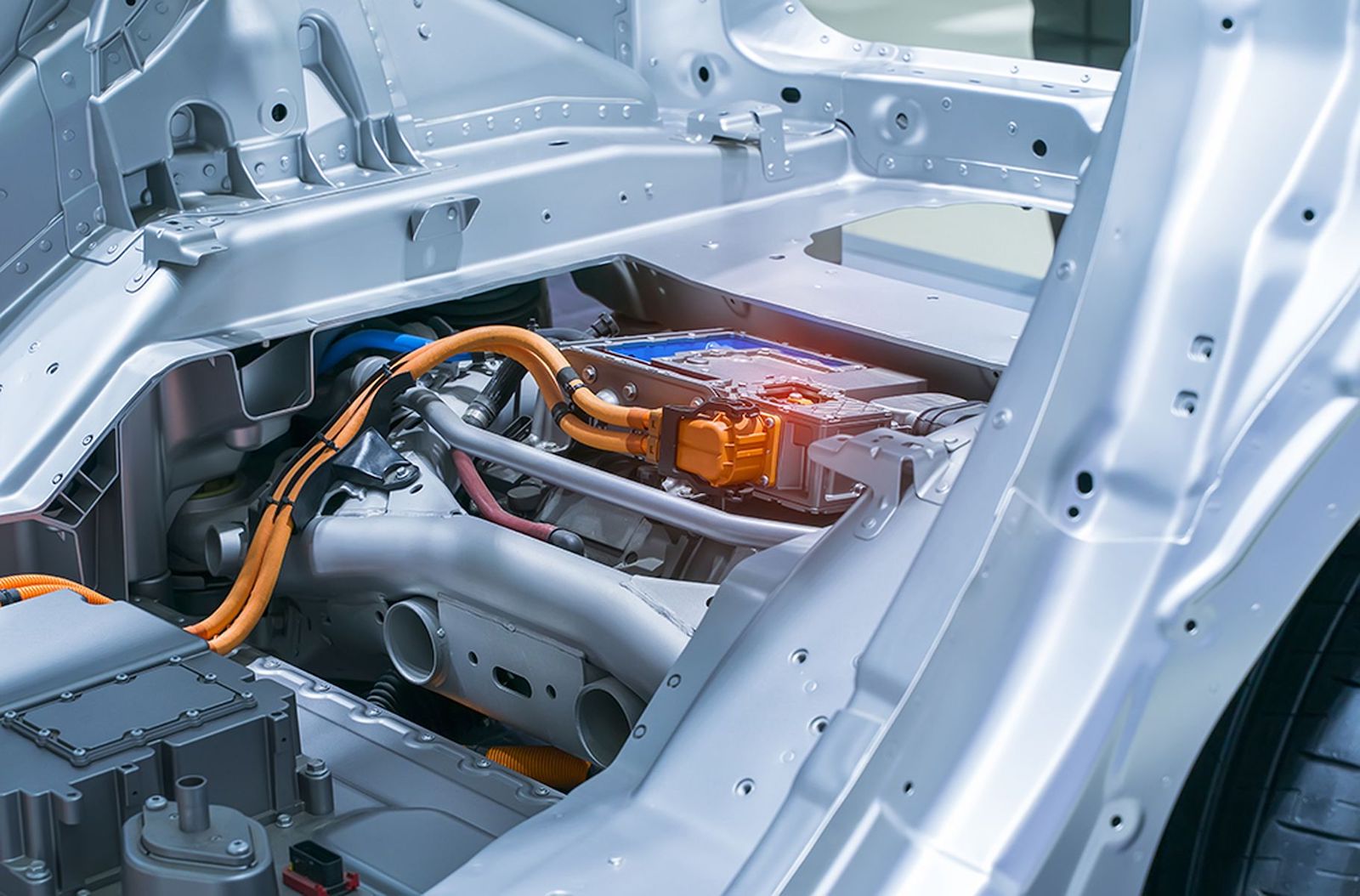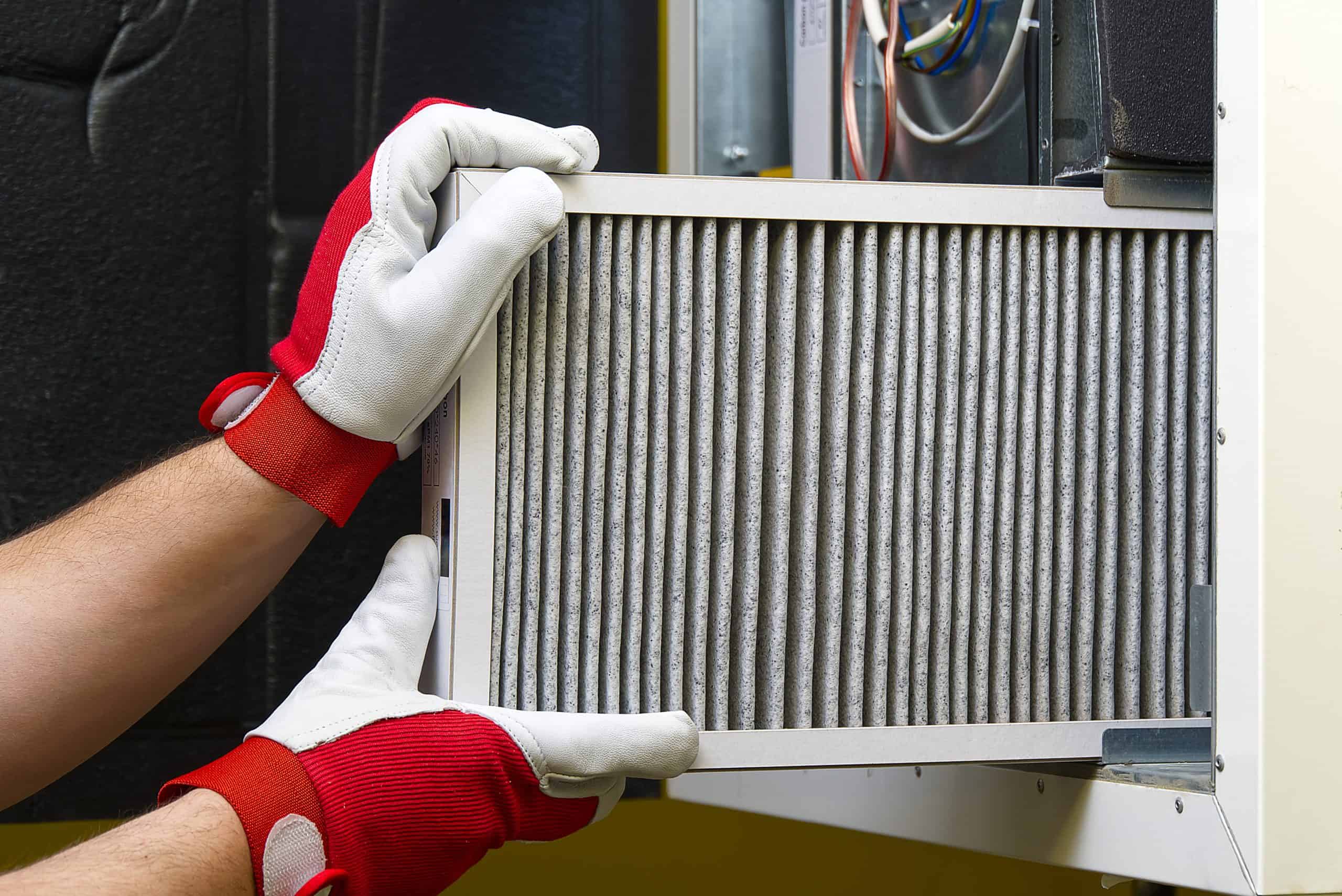The Benefits of Using High-Efficiency Air Filters in Your HVAC System
The Benefits of Using High-Efficiency Air Filters in Your HVAC System
I. Introduction
High-efficiency air filters are an important component of any HVAC system, as they play a crucial role in maintaining the quality of the air inside your home or office. These filters are designed to remove more pollutants and allergens from the air than standard filters, which can greatly improve indoor air quality. Additionally, high-efficiency air filters can increase the energy efficiency of an HVAC system and extend the lifespan of the equipment. In this blog post, we will discuss the main benefits of using high-efficiency air filters in HVAC systems, including improved indoor air quality, increased energy efficiency, longer lifespan of HVAC equipment, and cost savings. So, it’s worth to know and consider using high-efficiency air filters in your HVAC systems.
II. Improved Indoor Air Quality
High-efficiency air filters are designed to remove more pollutants and allergens from the air than standard filters. These pollutants and allergens can include dust, pollen, pet dander, mold spores, and even microscopic particles like bacteria and viruses. By removing these pollutants and allergens from the air, high-efficiency air filters can greatly improve indoor air quality and make your home or office a healthier place to be.
Some common pollutants and allergens that can be removed with high-efficiency air filters include:
- Dust: Dust is made up of a variety of small particles, including dirt, skin cells, and fibers from clothing and furniture. High-efficiency air filters can effectively remove dust from the air, which can reduce the risk of respiratory problems and allergic reactions.
- Pollen: Pollen is a common allergen that can cause hay fever and other respiratory symptoms. High-efficiency air filters can remove pollen from the air, which can provide relief for people with allergies.
- Pet dander: Pet dander is a common allergen that can cause allergic reactions in people who are sensitive to it. High-efficiency air filters can effectively remove pet dander from the air, which can make your home more comfortable for people with pet allergies.
- Mold spores: Mold spores can cause respiratory problems and can worsen allergies and asthma. High-efficiency air filters can remove mold spores from the air, which can help to reduce the risk of mold growth and improve indoor air quality.
- Microscopic particles: High-efficiency air filters can also remove microscopic particles such as bacteria and viruses from the air. This can help to reduce the risk of infection and illness, especially during the flu season or pandemics.
By removing these pollutants and allergens from the air, high-efficiency air filters can greatly improve indoor air quality and make your home or office a healthier place to be.
III. Increased Energy Efficiency
High-efficiency air filters can also increase the energy efficiency of an HVAC system by reducing the amount of resistance to airflow. As the filter becomes clogged with dirt and debris, the resistance to airflow increases, which can make the HVAC system work harder to circulate air throughout your home or office. This can lead to increased energy consumption and higher energy bills.
On the other hand, high-efficiency air filters are designed to remove more pollutants and allergens from the air with less resistance to airflow. This can help to reduce the load on the HVAC system and make it more energy-efficient. Studies have found that using high-efficiency air filters can lead to energy savings of 5-15% or more.
For example, According to the U.S Department of Energy, using high-efficiency air filters in residential HVAC systems can save homeowners up to 15% on heating and cooling costs. Similarly, a study by the Lawrence Berkeley National Laboratory found that using high-efficiency air filters in commercial buildings can lead to energy savings of up to 30%.
In summary, high-efficiency air filters can increase the energy efficiency of an HVAC system by reducing the amount of resistance to airflow, which can lead to significant energy savings. By using these filters, you can reduce your energy consumption, lower your energy bills, and help the environment.
IV. Longer Lifespan of HVAC Equipment
High-efficiency air filters can also extend the lifespan of HVAC equipment by protecting it from dust and debris. When dust and debris build up in the HVAC system, it can cause damage to various components, such as the fan motor, the compressor, and the heat exchanger. This can lead to increased maintenance costs and the need for costly repairs or replacement.
High-efficiency air filters are designed to remove more dust and debris from the air than standard filters, which can help to protect the HVAC equipment and extend its lifespan. By using these filters, you can keep your HVAC system running smoothly and reduce the need for costly repairs or replacement.
Some specific components of HVAC systems that can be protected with high-efficiency air filters include:
- Fan motor: The fan motor is responsible for circulating air throughout your home or office. When dust and debris build up on the fan blades, it can cause the motor to work harder and wear out more quickly. High-efficiency air filters can remove more dust and debris from the air, which can help to protect the fan motor and extend its lifespan.
- Compressor: The compressor is responsible for moving refrigerant through the HVAC system. When dust and debris build up on the compressor coils, it can cause the compressor to overheat and wear out more quickly. High-efficiency air filters can remove more dust and debris from the air, which can help to protect the compressor and extend its lifespan.
- Heat exchanger: The heat exchanger is responsible for transferring heat from the combustion process in your furnace to the air that is circulated throughout your home or office. When dust and debris build up on the heat exchanger, it can cause the furnace to work harder and wear out more quickly. High-efficiency air filters can remove more dust and debris from the air, which can help to protect the heat exchanger and extend its lifespan.
In conclusion, high-efficiency air filters can extend the lifespan of HVAC equipment by protecting it from dust and debris, which can save homeowners thousands of dollars in maintenance cost and repair bills. By using these filters, you can keep your HVAC system running smoothly and extend its lifespan.
V. Cost Savings
One of the biggest benefits of using high-efficiency air filters in your HVAC system is the cost savings that can be achieved. These filters can save you money in a few different ways, including the cost of the filters themselves, energy bills, and HVAC maintenance.
Firstly, high-efficiency air filters may cost more than standard filters but they are designed to last longer, which means you will need to replace them less often. This can help to offset the initial cost of the filters and save you money in the long run.
Secondly, high-efficiency air filters can save you money on energy bills by increasing the energy efficiency of your HVAC system, as mentioned earlier. Studies have found that using these filters can lead to energy savings of 5-15% or more, which can add up to significant savings over time.
Lastly, high-efficiency air filters can also save you money on HVAC maintenance by protecting the equipment from dust and debris, which can reduce the need for costly repairs or replacement. By using these filters, you can keep your HVAC system running smoothly and extend its lifespan, which can save you thousands of dollars in maintenance costs over time.
In summary, using high-efficiency air filters in your HVAC system can save you money in a few different ways, including the cost of the filters themselves, energy bills, and HVAC maintenance. While they may cost more initially, they can save you money over time and provide numerous benefits to your HVAC system.
VI. Conclusion
In conclusion, using high-efficiency air filters in your HVAC system can provide numerous benefits, including improved indoor air quality, increased energy efficiency, longer lifespan of HVAC equipment, and cost savings. These filters are designed to remove more pollutants and allergens from the air, which can make your home or office a healthier place to be. Additionally, they can increase the energy efficiency of your HVAC system, which can lead to significant savings on your energy bills. Furthermore, high-efficiency air filters can also extend the lifespan of your HVAC equipment by protecting it from dust and debris, which can save you money on maintenance and repairs.
We encourage all readers to consider using high-efficiency air filters in their own HVAC systems to enjoy these benefits. It’s important to note that not all filters are created equal, so make sure to choose a filter that meets the specific needs of your HVAC system and your home or office. High-efficiency air filters can provide numerous benefits, making them a wise investment for any homeowner or business owner.


